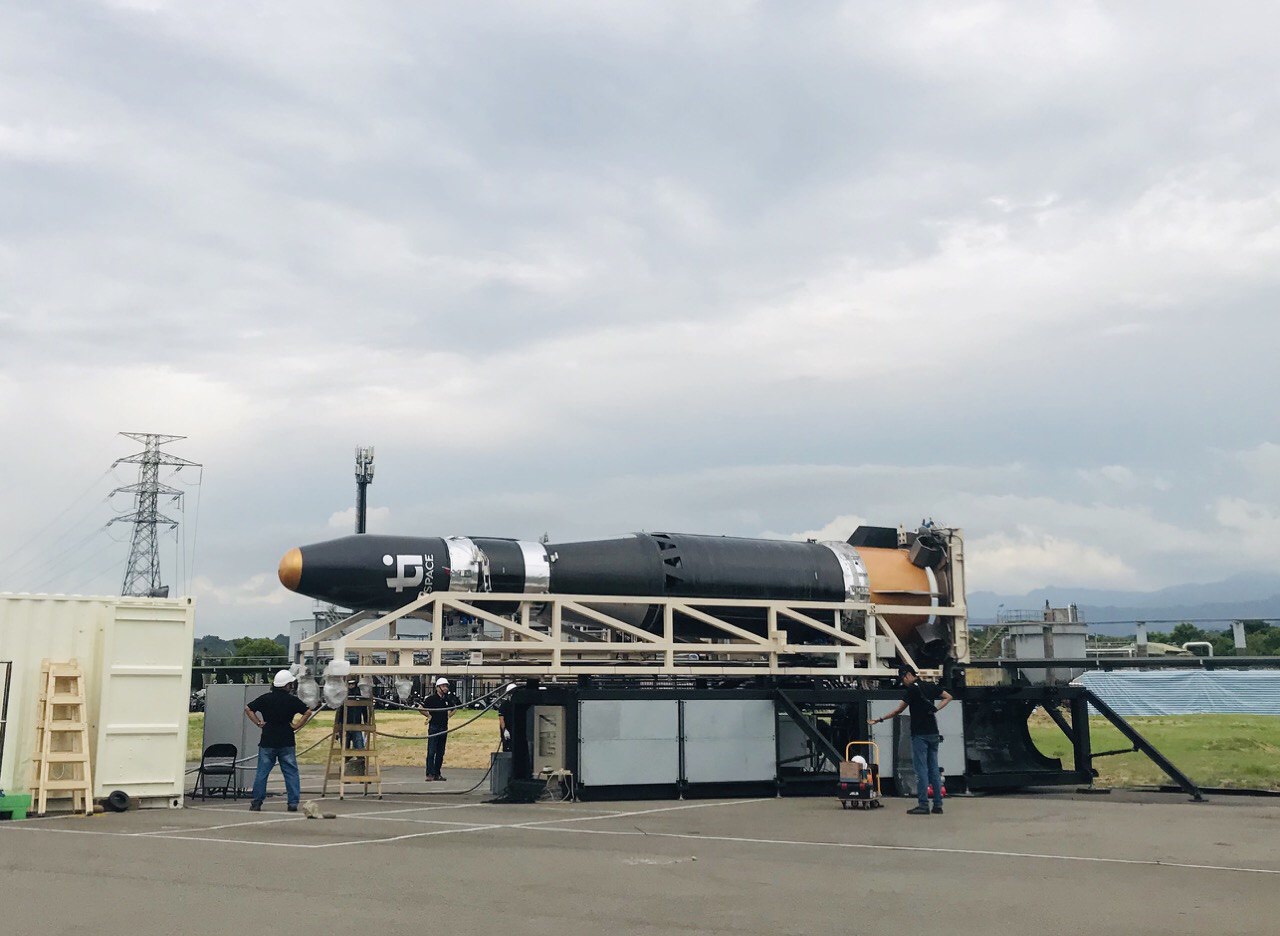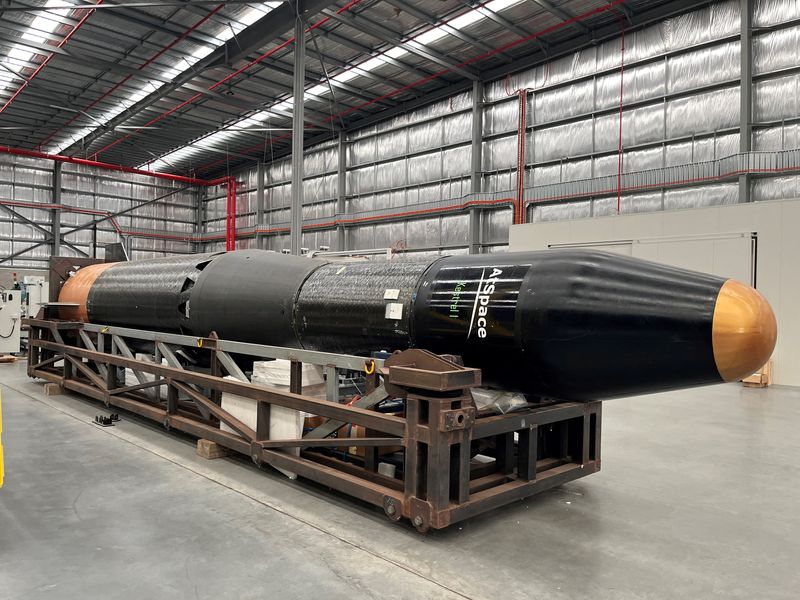
A Taiwanese startup, TiSpace, is set to become the first foreign company to launch a rocket from Japan by early next year. This initiative is part of a broader strategy to support Japan’s ambitions of becoming a leading space hub in Asia.
TiSpace’s planned suborbital launch has encountered regulatory challenges, sparking debate about Japan’s willingness to engage with international companies. Japan aims to double the size of its 4 trillion yen ($26 billion) space industry over the next decade.
TiSpace, founded in 2016 by current and former officials from Taiwan’s space agency, has not yet achieved a successful launch. Their most recent attempt, conducted through their sister company AtSpace in Australia in 2022, failed due to an oxidizer leak. The rocket scheduled for launch in Japan features a different design.
TiSpace’s chairman, Yen-sen Chen, indicated that the company is awaiting a final regulatory approval—a radio permit—to proceed with the launch of their 12-meter (39 ft) sounding rocket. The launch is expected to take place by early 2025. Sounding rockets can reach space but do not achieve orbit.

There are concerns that launching a Taiwanese rocket from Japan could attract attention from China, which views Taiwan as part of its territory. However, TiSpace has not received any direct objections from China.
The project has garnered support from Japanese space businesses, particularly in the agricultural town of Taiki, Hokkaido, where the launch will take place. Local officials view the initiative as a symbol of Taiwan-Japan friendship and a boost to Japan’s space industry.
Japan’s government aims to grow its private space industry to be worth over $50 billion by the early 2030s, with plans to launch 30 rockets annually. The country hopes to become Asia’s primary space transportation hub.
Japanese officials have expressed caution regarding the launch of foreign rockets, citing the need for stringent regulatory oversight. The existing Space Activities Act does not cover suborbital launches like TiSpace’s, though future legislation may address this gap.
Japan’s private rocket industry is still developing. Companies like Space One and Interstellar Technologies have made strides but face significant challenges, including technical failures and competition.
If the test launch is successful, TiSpace intends to expand its manufacturing operations in Japan to serve local customers. Hokkaido-based Letara, a potential client, has already shown interest in testing its satellite propulsion system with TiSpace.
| Aspect | Details |
|---|---|
| Company | TiSpace |
| Founded | 2016 |
| Planned Launch Location | Taiki, Hokkaido, Japan |
| Rocket Type | 12-meter sounding rocket |
| Launch Date | Expected by early 2025 |
| Industry Goal | Double Japan’s space industry size to $26 billion |
| Local Support | Strong support from Japanese space businesses |
Featured Image courtesy of NewSpace Index
Follow us for more updates on TiSpace.
